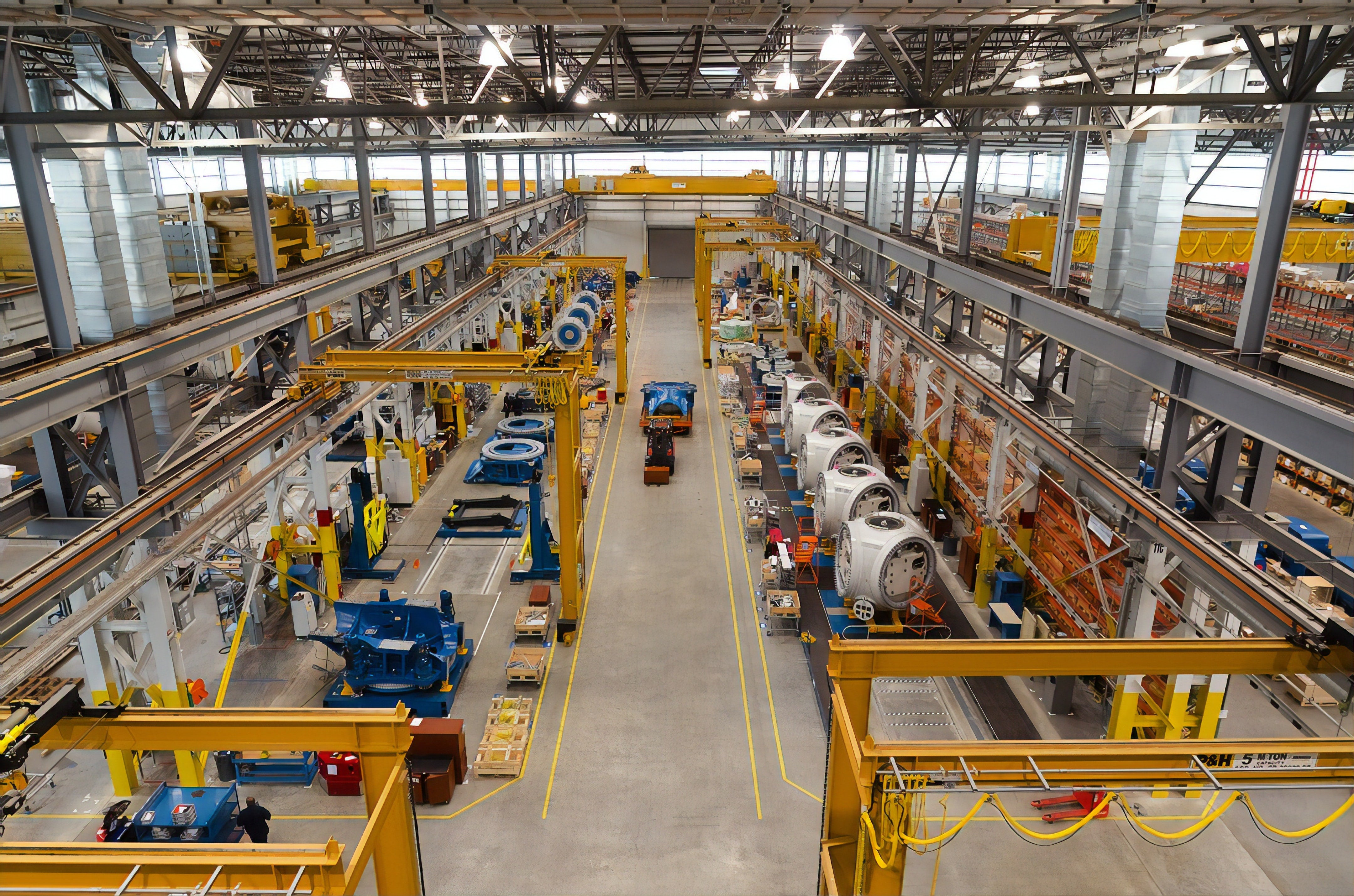What are the Many Different Uses of a Mezzanine floor?
Ware Safety installs Mezzanine floors Sydney wide and beyond. Providing additional room above and below to an existing building. Each Mezzanine floor is different, coming in an array of shapes and sizes, and used for a variety of purposes. Follow our guide on the types of mezzanine floors, and when they can be necessary for your company.
What is a Mezzanine floor?
A Mezzanine floor refers to a raised platform between the floor and ceiling of a building. Typically constructed with beams, columns, decking, and purlins, with pallet gates and staircases common accessories. Each mezzanine, although comparable, is specific to each building, with the shape, material, and style all custom to work for each specific client.
For Handling Materials
One of the biggest reasons for constructing a mezzanine floor is due to space restrictions. If a business is working within a large warehouse that features high ceilings, a lot of wasted space can occur. Therefore, constructing a higher level for handling and storing materials can put greater use to your space. If using for materials, the mezzanine floor is typically constructed in structural steel, so it is capable of withstanding heavier loads.
For Distribution
A mezzanine floor is a common structure in warehousing industries, used to help the ongoing distribution projects that demand fast and efficient work. Being well organised in a distribution centre is critical, as it can make or break your company during busy and chaotic periods. To be organised, plenty of storage, as well as a streamlined distribution line is required. Many companies install several Mezzanine floors to increase storage space, as well as sectioning materials to incoming and outgoing deliveries. Putting the long-term products onto the Mezzanine floor and bringing them onto the active delivery floor section when required. Expanding the capacity of a warehouse without expensive expansions or moving facilities.
For Retail
Many wouldn’t think of a retail store requiring a mezzanine floor, but in some instances, it can be essential. A well-stocked shop can be a game-changer in the retail industry, with customers more likely to stay longer in a heavily stocked and spread-out space. For physical retail stores, mezzanine floors can be created stylishly, offering a clean and organised look for customers to browse through easily. In other circumstances, a retail store that operates solely online may require this space, to help maintain and organise the ongoing orders and deliveries.
For an Office
For some businesses that simply operate in storehouses or production warehouses, conducting professional business duties may be difficult. Resulting in many meetings and admin jobs taking place in coffee shops or outsourced office spaces. However, a cheaper solution can be a mezzanines floor, which can be turned into an upstairs office and meeting rooms. These mezzanines floors can be created as a complete room, with furnishings to create a private space compared to a simple balcony space. Allowing for private phone calls, admin work, and business meetings to take place away from the warehouse action.
For Manufacturing
For production companies, many staff, production lines, and machinery can be spread out across the building or factory. Creating a space that minimises disruption is critical, as many tasks require highly detailed and repetitive tasks. In many of these companies, staff will work long shifts and taking several breaks, coming and going from the production lines. Mezzanine floors can be used to build walkways that follow the route of the building, helping staff travel from end to end without disrupting the work being done.
Ware Safety offers a range of Mezzanine floors as well as many other warehouse safety solutions. Aiming to help ensure the safety and growth of a business through its diverse product range. To learn more, visit our website or contact one of our friendly staff today!

